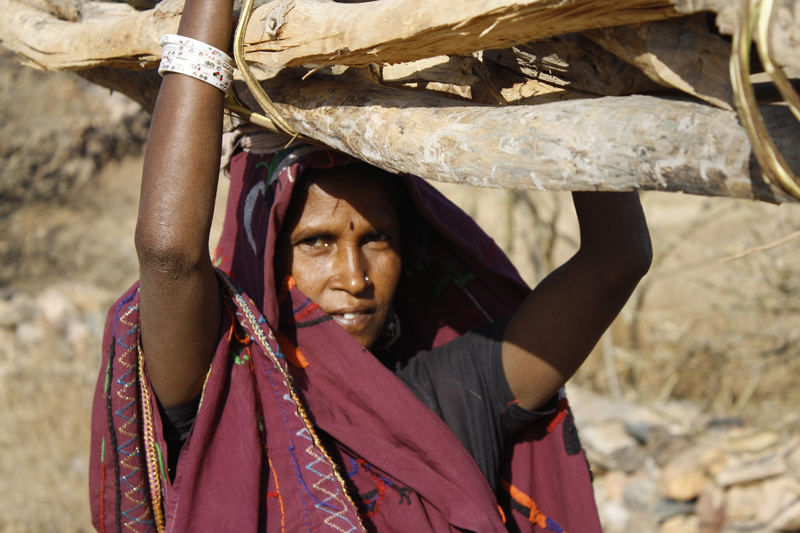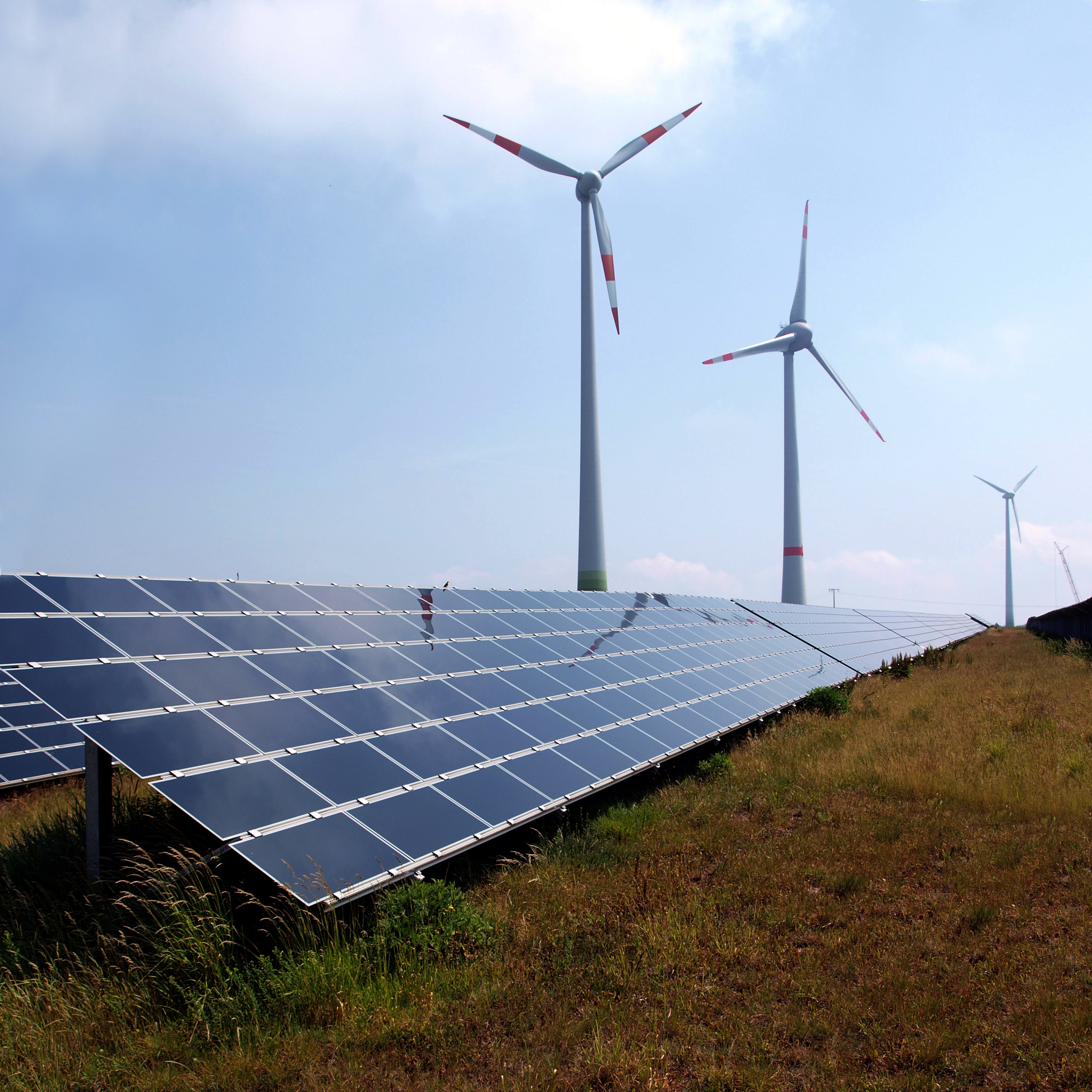|
Renewable Energy Law
Renewable energy law is a particular kind of energy law, and relates primarily to the transactional legal and policy issues that surround the development, implementation, and commercialization of renewable sources of energy, such as solar, wind, geothermal and tidal. Renewable energy, (RE) law also relates to the land use, siting, and finance issues encountered by developers of renewable energy projects. Renewable energy support laws Renewable energy law also encompasses policies that relate to renewable energy and legislative instruments that further encourage its growth. Feed-in tariffs One such form of legislation is feed-in tariffs, which provide economic incentives to the developers of renewable energy projects by setting a fixed price for the sale of energy produced from renewable sources. Feed-in tariff laws also provide financial certainty, are more cost effective and less bureaucratic than other support schemes such as investment or production tax credits, quota based re ... [...More Info...] [...Related Items...] OR: [Wikipedia] [Google] [Baidu] |
Energy Law
Energy laws govern the use and taxation of energy, both renewable and non-renewable. These laws are the primary authorities (such as caselaw, statutes, rules, regulations and edicts) related to energy. In contrast, energy policy refers to the policy and politics of energy. Energy law includes the legal provision for oil, gasoline, and "extraction taxes." The practice of energy law includes contracts for siting, extraction, licenses for the acquisition and ownership rights in oil and gas both under the soil before discovery and after its capture, and adjudication regarding those rights. Renewable energy law International law There is a growing academic interest in international energy law, including continuing legal education seminars, treatises, law reviews, and graduate courses. In the same line, there has been growing interest on energy-specific issues and their particular relation with international trade and connected organizations like the World Trade Org ... [...More Info...] [...Related Items...] OR: [Wikipedia] [Google] [Baidu] |
Fossil Fuel
A fossil fuel is a flammable carbon compound- or hydrocarbon-containing material formed naturally in the Earth's crust from the buried remains of prehistoric organisms (animals, plants or microplanktons), a process that occurs within geological formations. Reservoirs of such compound mixtures, such as coal, petroleum and natural gas, can be extracted and burnt as fuel for human consumption to provide energy for direct use (such as for cooking, heating or lighting), to power heat engines (such as steam or internal combustion engines) that can propel vehicles, or to generate electricity via steam turbine generators. Some fossil fuels are further refined into derivatives such as kerosene, gasoline and diesel, or converted into petrochemicals such as polyolefins ( plastics), aromatics and synthetic resins. The origin of fossil fuels is the anaerobic decomposition of buried dead organisms. The conversion from these organic materials to high-carbon fossil fuels is ty ... [...More Info...] [...Related Items...] OR: [Wikipedia] [Google] [Baidu] |
Reverse Auction
Reverse or reversing may refer to: Arts and media * ''Reverse'' (Eldritch album), 2001 * ''Reverse'' (2009 film), a Polish comedy-drama film * ''Reverse'' (2019 film), an Iranian crime-drama film * ''Reverse'' (Morandi album), 2005 * ''Reverse'' (TV series), a 2017–2018 South Korean television series *"Reverse", a 2014 song by SomeKindaWonderful * REVERSE art gallery, in Brooklyn, NY, US * Reverse tape effects including backmasking, the recording of sound in reverse * '' Reversing: Secrets of Reverse Engineering'', a book by Eldad Eilam *''Tegami Bachi: REVERSE'', the second season of the '' Tegami Bachi'' anime series, 2010 Driving * Reverse gear, in a motor or mechanical transmission * Reversing (vehicle maneuver), reversing the direction of a vehicle * Turning a vehicle through 180 degrees Sports and games * Reverse (American football), a trick play in American football * Reverse swing, a cricket delivery * Reverse (bridge), a type of bid in contract bridge Technology ... [...More Info...] [...Related Items...] OR: [Wikipedia] [Google] [Baidu] |
Politics Of Energy Transformation
Politics () is the set of activities that are associated with making decisions in groups, or other forms of power relations among individuals, such as the distribution of status or resources. The branch of social science that studies politics and government is referred to as political science. Politics may be used positively in the context of a "political solution" which is compromising and non-violent, or descriptively as "the art or science of government", but the word often also carries a negative connotation.. The concept has been defined in various ways, and different approaches have fundamentally differing views on whether it should be used extensively or in a limited way, empirically or normatively, and on whether conflict or co-operation is more essential to it. A variety of methods are deployed in politics, which include promoting one's own political views among people, negotiation with other political subjects, making laws, and exercising internal and external for ... [...More Info...] [...Related Items...] OR: [Wikipedia] [Google] [Baidu] |
Grid Connection
An electrical grid (or electricity network) is an interconnected network for electricity delivery from producers to consumers. Electrical grids consist of power stations, electrical substations to step voltage up or down, high voltage transmission line, electric power transmission to carry power over long distances, and finally electric power distribution to customers. In that last step, voltage is stepped down again to the required service voltage. Power stations are typically built close to energy sources and far from densely populated areas. Electrical grids vary in size and can cover whole countries or continents. From small to large there are Microgrid, microgrids, Wide area synchronous grid, wide area synchronous grids, and Super grid, super grids. The combined transmission and distribution network is part of electricity delivery, known as the ''power grid''. Grids are nearly always synchronous, meaning all distribution areas operate with three phase alternating current ( ... [...More Info...] [...Related Items...] OR: [Wikipedia] [Google] [Baidu] |
Sustainable Energy
Energy system, Energy is sustainability, sustainable if it "meets the needs of the present without compromising the ability of future generations to meet their own needs." Definitions of sustainable energy usually look at its effects on the environment, the economy, and society. These impacts range from greenhouse gas emissions and air pollution to energy poverty and toxic waste. Renewable energy sources such as wind power, wind, Hydroelectricity, hydro, solar energy, solar, and geothermal energy can cause environmental damage but are generally far more sustainable than fossil fuel sources. The role of Non-renewable resource, non-renewable energy sources in sustainable energy is controversial. Nuclear power does Low-carbon power, not produce carbon pollution or air pollution, but has drawbacks that include radioactive waste, the risk of nuclear proliferation, and the Nuclear and radiation accidents and incidents, risk of accidents. Switching from coal to natural gas has enviro ... [...More Info...] [...Related Items...] OR: [Wikipedia] [Google] [Baidu] |
Environmental Law
Environmental laws are laws that protect the environment. The term "environmental law" encompasses treaties, statutes, regulations, conventions, and policies designed to protect the natural environment and manage the impact of human activities on ecosystems and natural resources, such as forests, minerals, or fisheries. It addresses issues such as pollution control, resource conservation, biodiversity protection, climate change mitigation, and sustainable development. As part of both national and international legal frameworks, environmental law seeks to balance environmental preservation with economic and social needs, often through regulatory mechanisms, enforcement measures, and incentives for compliance. The field emerged prominently in the mid-20th century as industrialization and environmental degradation spurred global awareness, culminating in landmark agreements like the 1972 Stockholm Conference and the 1992 Rio Declaration. Key principles include the precaut ... [...More Info...] [...Related Items...] OR: [Wikipedia] [Google] [Baidu] |
Energy Policy Of The European Union
The energy policy of the European Union focuses on energy security, Sustainable energy, sustainability, and integrating the energy markets of member states. An increasingly important part of it is climate policy. A key energy policy adopted in 2009 is the Directive 2009/28/EC, 20/20/20 objectives, binding for all EU Member States. The target involved increasing the share of renewable energy in its final energy use to 20%, reduce greenhouse gases by 20% and increase energy efficiency by 20%. After this target was met, Fit for 55, new targets for 2030 were set at a 55% reduction of greenhouse gas emissions by 2030 as part of the European Green Deal. After the Russian invasion of Ukraine, the EU's energy policy turned more towards energy security in their REPowerEU policy package, which boosts both renewable deployment and fossil fuel infrastructure for alternative suppliers. The Treaty of Lisbon, EU Treaty of Lisbon of 2007 legally includes solidarity in matters of energy supply a ... [...More Info...] [...Related Items...] OR: [Wikipedia] [Google] [Baidu] |
Clean Tech Law
Clean Tech Law contemplates a diverse set of legal and policy issues related to the development and commercialization of clean technology. These issues range from conventional natural resources law to cutting-edge intellectual property issues related to synthetic genomics and advanced materials. Clean tech law could also address issues and conflicts surrounding the placement of such technologies (e.g., glare from solar panels). History The term clean tech, or cleantech, is short for clean technology. The abbreviated use of the term first appeared on October 10, 1990 in the Xinhua General News Service. Now, clean tech, is generally considered to include multiple advanced technologies in four economic sectors: energy, water, materials, and transportation. These technologies break down in the following categories: * Energy Generation * Energy Storage * Energy Infrastructure * Energy Efficiency * Transportation * Water & Wastewater * Air & Environment * Materials * Manufacturing/In ... [...More Info...] [...Related Items...] OR: [Wikipedia] [Google] [Baidu] |
Energiewende
The () is the ongoing energy transition by Germany. The new system intends to rely heavily on renewable energy (particularly wind, photovoltaics, and hydroelectricity), energy efficiency, and energy demand management. Legislative support for the ''Energiewende'' was passed in late 2010 and included greenhouse gas (GHG) reductions of 80–95% by 2050 (relative to 1990) and a renewable energy target of 60% by 2050. Germany had made progress on its GHG emissions reduction target before the introduction of the program, achieving a 27% decrease between 1990 and 2014. The country would need to maintain an average GHG emissions abatement rate of 3.5% per year to reach its ''Energiewende'' goal, equal to the maximum historical value. Germany's energy mix has a high intensity due a significant coal and fossil gas usage. Germany phased out nuclear power in 2023 as part of the ''Energiewende'', and plans to retire existing coal power plants possibly by 2030, and latest by 2038. By 2 ... [...More Info...] [...Related Items...] OR: [Wikipedia] [Google] [Baidu] |
Energy Transition
An energy transition (or energy system transformation) is a major structural change to energy supply and consumption in an energy system. Currently, a transition to sustainable energy is underway to limit climate change. Most of the sustainable energy is renewable energy. Therefore, another term for ''energy transition'' is renewable energy transition. The current transition aims to reduce greenhouse gas emissions from energy quickly and sustainably, mostly by phasing-down fossil fuels and changing as many processes as possible to operate on low carbon electricity. A previous energy transition perhaps took place during the Industrial Revolution from 1760 onwards, from wood and other biomass to coal, followed by oil and later natural gas. Over three-quarters of the world's energy needs are met by burning fossil fuels, but this usage emits greenhouse gases. Energy production and consumption are responsible for most human-caused greenhouse gas emissions. To meet the goals of ... [...More Info...] [...Related Items...] OR: [Wikipedia] [Google] [Baidu] |





